Archives: Tobacco
This week, one of Big Tobacco’s foremost front groups, the International Tax and Investment Center (ITIC), has responded to pressure from the World Health Organization, the World Bank, and public health advocates by cutting ties with the tobacco industry.
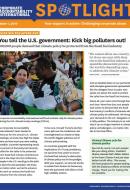
Articles include: You tell the U.S. government: Kick big polluters out!; Be the turning point: transform our broken system; L.A. ...

Our 2016 annual report summarizes important campaign victories and recognizes our most committed philanthropic partners who have made this work ...
Please see Senior International Organizer, Challenge Big Tobacco campaign Cloe Franko’s statement below: “By purchasing Reynolds, British American Tobacco now ...
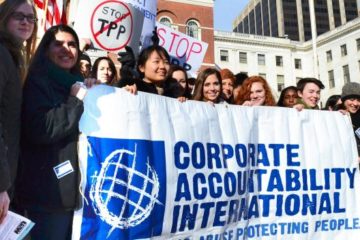
We are taking a moment to celebrate the defeat of the Trans-Pacific Partnership (TPP), which came at the tail end ...
Advance policies to hold industry legally liable and protect policymaking despite Big Tobacco’s attempts to undermine talks GREATER NOIDA, INDIA—Today, ...
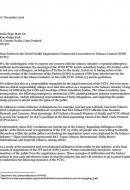
Dear Parties to the World Health Organization Framework Convention on Tobacco Control (WHO FCTC): We, the undersigned, write to express ...
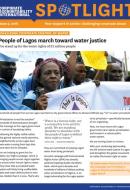
Articles include: People of Lagos march towards water justice; Taking the long view; Grady Memorial and Rady Children’s hospitals give ...
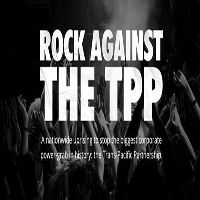
The Trans-Pacific Partnership (TPP) trade agreement is a corporate power grab that would be a disaster for the environment, workers’ ...
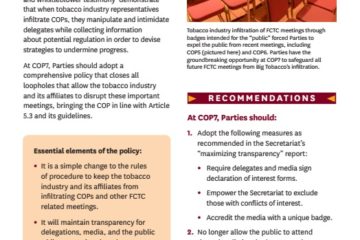
Policy priorities for the seventh session of the Conference of the Parties (COP7).